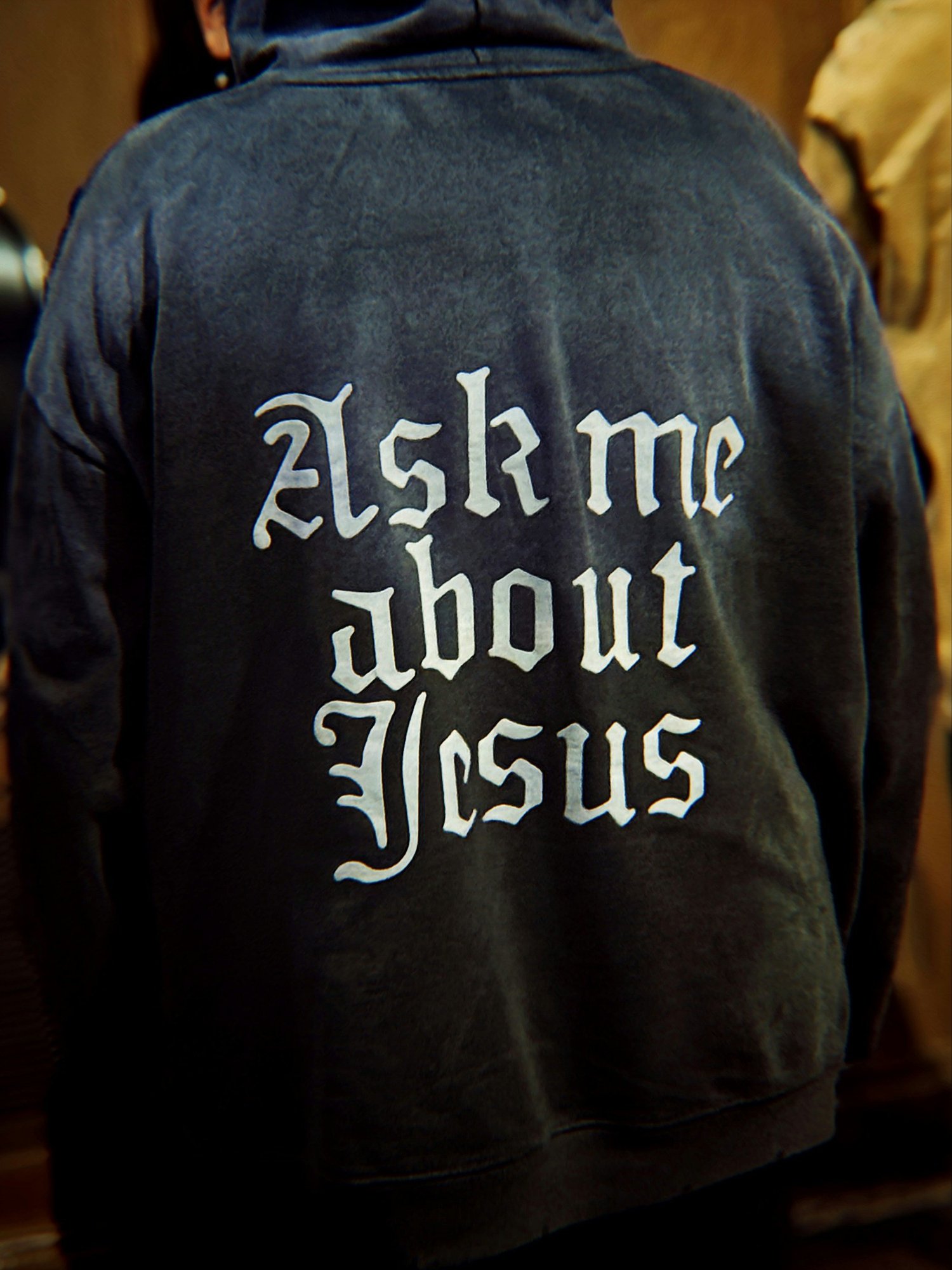(ANALYSIS) For those who are new to the party, let me explain how quantitative scholars of American religion make sense of the last 50 years of religious change.
They use the General Social Survey.
I’m not exaggerating when I say this — there is no other long-term, cross-sectional survey of the adult U.S. population that asks about religion in such a useful way. It’s the tree trunk of empirical social science in this space, and it’s cited everywhere.
The phrase “General Social Survey” appeared in more than 4,400 articles published in 2024, according to Google Scholar.
And to my great joy, the GSS just released a second tranche of data that extends our picture of the American religious landscape through 2024. This release includes a bunch of new variables about religious affiliation. So, guess what I’m going to do in this post? Yup — walk you through where American religion stands right now, using the most recent and rigorously collected data available.
I’m using the RELTRAD scheme as the backbone for this analysis because it’s the most widely accepted typology in social science. I’ve published about RELTRAD in peer-reviewed journals a couple of times over the years, but you should know there’s a lively debate among academics about how best to refine the categories.
I’m not diving into that here — it’s pretty deep in the weeds and not all that interesting unless you really enjoy methodological rabbit holes.
For our purposes, all you need to know is that I’m using an affiliation measure. You tell the GSS what kind of church you attend, and we sort you into the appropriate bucket based on that answer. There are six of them: Evangelical Protestants, mainline Protestants, Black Protestants, Catholics, other faith groups, and the non-religious.
You can read the rest of Ryan Burge’s post at Substack.
Ryan Burge is an assistant professor of political science at Eastern Illinois University, a pastor in the American Baptist Church and the co-founder and frequent contributor to Religion in Public, a forum for scholars of religion and politics to make their work accessible to a more general audience. His research focuses on the intersection of religiosity and political behavior, especially in the U.S. Follow him on X at @ryanburge.
5965 Village Way, Ste 105 255
San Diego, CA 92130
info@themediaproject.org
(858) 396-3590
Religion Unplugged is part of The Media Project and a member of the Institute for Nonprofit News.
EIN: 83-0461425
Site design by Peter Freeby
